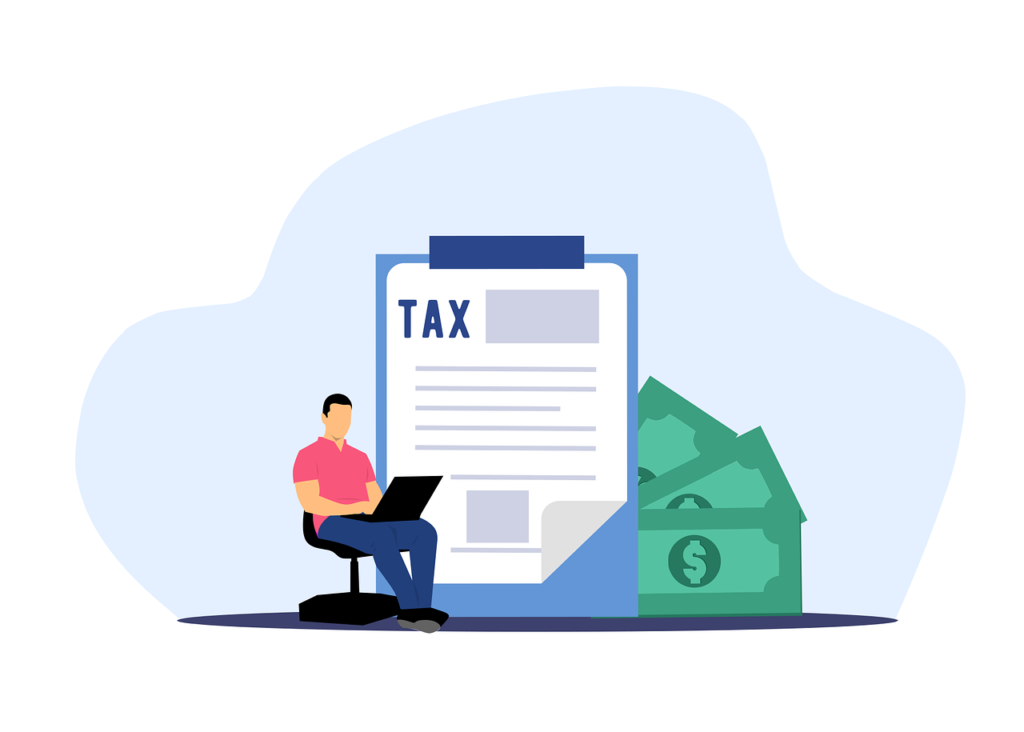
Accuracy is of utmost importance regarding ITR tax filing in India. However, the decision between electronic or paper filing can take time and effort. Paper filing requires physically sending the tax returns through the mail, while e filing of income tax return involves a digital submission process. The advantages and disadvantages of each method include speed, convenience, accuracy, and security. This article will help you pursue an educated choice by discussing the advantages and downsides of both paper and e-filing for you.
What is E-filing?
The act of filing your tax returns online is referred to as “e-Filing.” E-filing, which stands for electronic filing, may be done on the income tax website. The usage of e-filing is open to all taxpayers.
Taxpayers benefit from the speed, security, and convenience of e-filing. Additionally, it lessens the workload for the income tax division and offers a smart substitute for conventional paper filing.
What is Paper Filing?
The term “paper filing of an income tax return” refers to the manual mailing of physical tax-related papers in paper form. Instead of using electronic filing techniques, it entails filling out the relevant forms for different types of ITR, attaching supporting papers, and mailing them to the tax authorities.
Benefits of E-filing of Income Tax Return
These are some of the benefits of e-filing of income tax return.
The Safety of E-filing
E-filing of income tax return is more secure than filing them on paper. Your sensitive data is secured by cutting-edge encryption technology and adheres to stringent security standards.Processing Moves Quicker
Because e-filing of income tax return eliminates the need to sift or transcribe your tax return at its service centre, your refund will likely be handled more quickly.
The Drawbacks of E-filing of Income Tax Return
These are some of the drawbacks of e-filing of ITR.
Loss of Data
E-filing offers the benefits of secure storage and frequent backups. But technology could be more flawless. When using e-filing, you run the risk of losing data. Your information might be lost if your system or hard drive fails.Vulnerable to Cyber Attacks
One potential drawback of the E-filing of Income Tax Returns is the vulnerability to cyber threats and data breaches. While technological advancements have undoubtedly made the process more convenient and efficient, it also exposes taxpayers’ sensitive information to potential risks.
Benefits of Paper Filing of Income Tax Return
These are some benefits you get when you do the paper filing of ITR.
Security
Paper filing may offer fewer security threats than e-filing, even though e-filing may look like an easier procedure.
You may avoid submitting personal information online by filing documents on paper. Information such as an address, name, and mobile number may be compromised when submitting online.Simple to Carry Out
Paper filing does not need the use of technology, in contrast to e-filing. Some people find that filling out a form by hand is simpler than inputting data on a computer.
The Drawbacks of Paper-filing of Income Tax Return
These are some of the drawbacks of paper filing of ITR.
Extended Processing Period
Paper filing might take longer to complete since it needs postage. Paper files may take weeks to process completely, unlike e-filing, which is completed in days. In addition, after filing your tax return, you would have to wait up to six weeks before getting the refund.Fewer Hours to Prepare
Deciding whether to file your taxes on paper or electronically depends on the time it takes to fill out and send your tax return. It might result in missing the deadline and penalties for late filing of ITR.
Conclusion
The debate over whether to file income tax returns electronically or on paper has reached its zenith in this technologically advanced age. Even though both approaches have their advantages, e-filing wins this battle. The convenience and efficiency offered by e-filing far surpass the traditional approach. With just a few clicks, taxpayers can access user-friendly online platforms that simplify complex tax forms and automate calculations. Say goodbye to the days of struggling with paper documents and deciphering illegible handwriting. E-filing ensures accuracy, reduces the risk of errors, and eliminates the need to wait for mail delivery.
Moreover, it offers a greener alternative, contributing to environmental preservation. Despite the sentimental value associated with paper filing, the practical advantages and ecological benefits of e-filing make it the logical choice for the future. Let us embrace this streamlined and eco-friendly approach to taxation, leaving behind the hassles of the past.